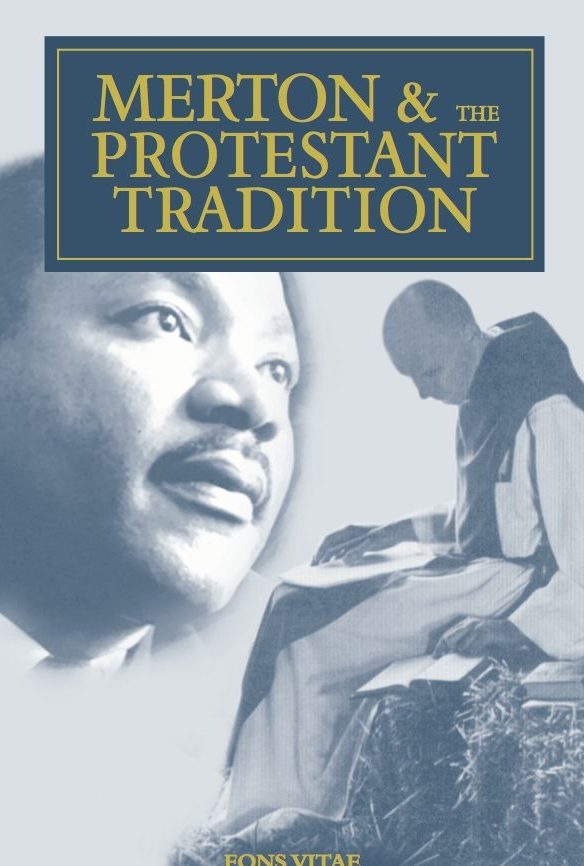This volume on Thomas Merton’s thoughts on Protestantism as expressed in traditions from Episcopal to Baptist to Quaker includes quotes of Merton from his various writings and conversations, as well as reflections by friends, those whose paths intersected with Merton, and those whose lives have been influenced by Merton’s journey.
The book includes not only a study of Merton’s growing openness to other religious traditions, but also has articles by nine Protestants who have been in responsible academic and pastoral positions who describe how Merton influenced them as Protestants.
